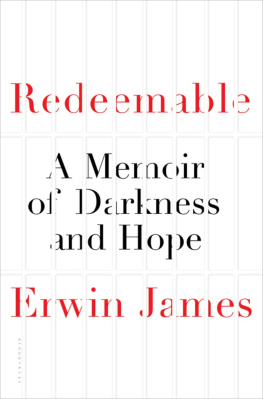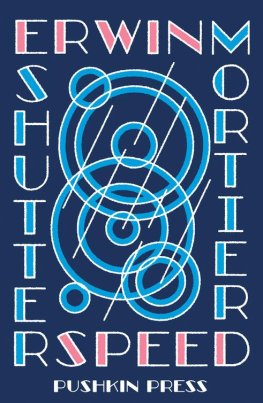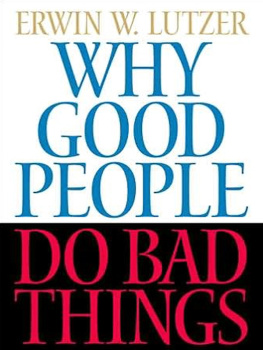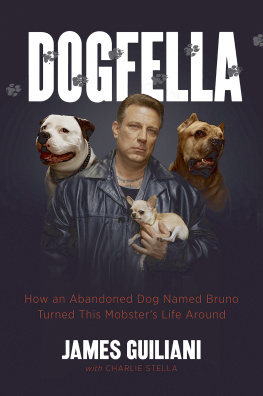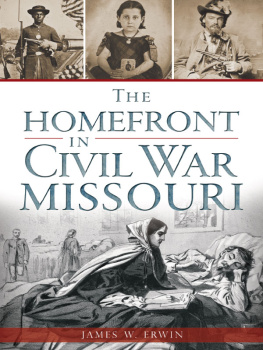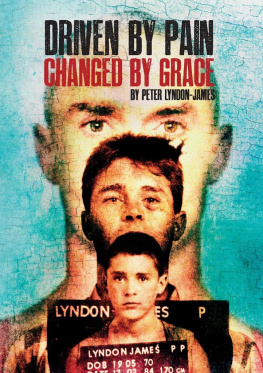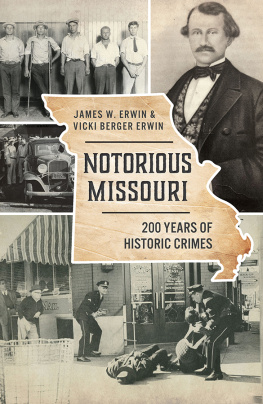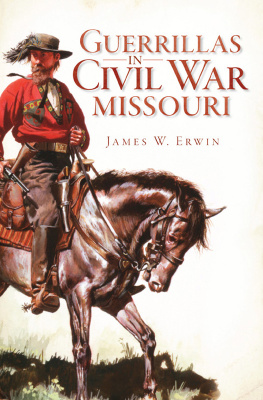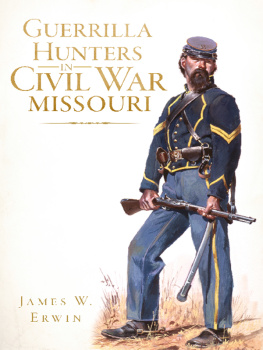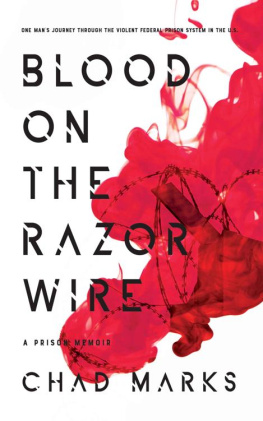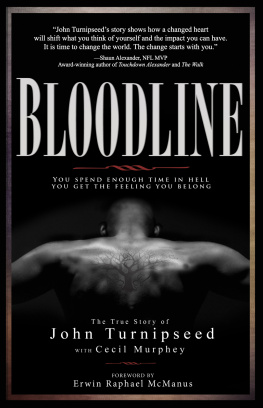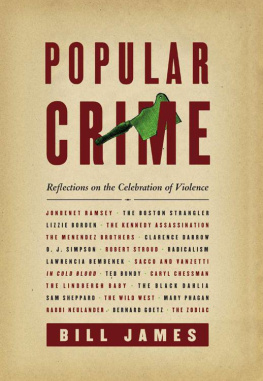REDEEMABLE
REDEEMABLE
A Memoir of Darkness and Hope
Erwin James

For Joan Branton who persuaded me I was valuable
And for Courtney, Stanley and Jacob my beautiful dreams of hope
CONTENTS
Pay attention to your thoughts, because they become words,
Pay attention to your words, because they become actions,
Pay attention to your actions, because they become habits,
Pay attention to your habits, because they become your character,
Pay attention to your character, because it is your fate...
The Talmud
Sometimes you have to go back to know just where you have been...
Rise Against
All my life I had been a liar, a thief and a cheat. Now I had to face the rest of my life as a convicted murderer. Standing in the dock of court number one at the Old Bailey listening to Mr Justice Otton deliver his judgement was my darkest moment. I tried to keep my head up and hold the judges gaze as he spoke, until he described me as brutal, vicious and callous. Then I lowered my eyes. When he finished I took a deep breath and glanced around one last time at the courtroom full of strangers, all there because of me and my co-accused. Flanked and separated by prison guards he and I never once acknowledged each other in the dock. He blamed me for our crimes. I denied any involvement. We were both lying.
In the crowded court a small group of people sitting near the end of the lawyers benches far to my right stood out. Id noticed them coming and going on different days of the trial and it struck me that they did not appear to be part of the official proceedings. Neither were they press. Eventually it dawned on me that they were connected in some way to our victims family or friends perhaps. I avoided looking in their direction. Their dignified conduct served only to intensify my shame.
Sitting directly in front of me and facing the judge, the prosecutor, a striking woman with dark eyes and an almost bleached white complexion, appeared quietly contented as she shared the occasional whispered comment with her assistants. She had been a formidable interrogator and I couldnt help but respect her for it. Back a row and to her left sat my QC, a man in late middle age whose thick grey eyebrows and corpulent face made him look much older than he probably was. He kept peering at the pile of papers in his lap. He had done his best, but he must have known there was little chance of success, not that he ever gave me any hint of what his true opinion was regarding my guilt or innocence.
To his right sat my co-accuseds QC, a fierce, bulbous-eyed man with pale greasy skin whose barristers wig appeared to be at least one size too small. His role had confused me at first; he was like another prosecutor. His cross-examination of me had been the most vicious, leading to an exchange between us during which I turned to the jury and said, Members of the jury, this man is being paid thousands of pounds to say these untrue things about me. I am innocent. Turning to the judge I repeated the lie. Your Honour, I said, Im innocent. The memory of my performance in the witness box shames me still. Later it would be recorded in my prison file that whilst giving my evidence I gave the appearance of being a character in an American soap opera, rather than a man on trial for murder.
To the right of the lawyers sat the detectives in charge of the case. They were clearly satisfied with the outcome. No doubt they would be out on the town that night celebrating their success, drinking with colleagues, backslapping and swapping anecdotes about their investigation. To them I was just another piece of societys rotten detritus.
The twelve members of the jury looked surprisingly subdued. They too had done their duty well. They had sat through eight days of evidence, listened to witnesses, asked a number of questions of the judge and watched me being cross-examined. The guilty verdict, delivered by their foreman, a thickset man wearing a crumpled suit and a severe haircut, had been unanimous. I was first to be sentenced and I knew the sentence that was coming was mandatory. I feared it as much as I had feared an acquittal. A not guilty and freedom would have let me back out onto the streets to pick up the threads of my old life with all its chaos and dysfunction and would have been no freedom at all.
Life imprisonment, said the judge finally. He told me he was going to recommend to the Home Secretary that I serve a minimum of fourteen years. Then nodding to the prison officers on either side of me he said, Take him down.
Before I moved I managed a quick look up to the public gallery where my father sat alone. He was fifty-one but at that moment he looked a whole lot older. The expression on his face reminded me of how he looked when he was drunk his dark complexion becoming darker, his brown eyes squinting and blinking slowly as if he was peering into a secret place deep inside his head. He had a worn-out, haunted look about him. The trial began on my twenty-eighth birthday and hed sent me a card wishing me luck: Dont worry, pal, well celebrate with a Guinness when all this is over! It was the only birthday card I could ever remember receiving from him.
The verdict must have wounded my father deeply. I wanted to smile to him, to let him know I would be OK. But all I could manage was a vague, meaningless grin. He looked down at me and then looked away. I had never seen my father cry before, but I was sure that I saw tears in his eyes. Were they for me, I wondered, or for him? I guessed they were probably for us both.
Marshalled by the prison officers I stepped through the door leading to the steep wooden stairs connecting the dock to the holding cells below. It was too late for apologies. Id had my chance. Yet as I ducked beneath the doorway I had a sudden urge to turn back and tell everyone I was sorry. But would anybody listen? Would anybody care? I doubted it and anyway the truth was I could not wait to get out of that courtroom, out of the public glare and away from my accusers. As usual whenever there were hard choices to be made, I just wanted to turn my back and run.
What I hadnt anticipated as I walked down those steps to begin my life sentence was the sense of relief that washed over me. By the time I reached the bottom of the stairs the realisation hit me that my life outside was finally at an end. It had been a painful life but worse, other peoples lives had been painful because of me. People were grieving because of me. I darent even think about that. I was just so glad my life was over. One of the prison officers stepped in front of me to pull open the gate into the barred holding enclosure (known as the cage) especially reserved for high-risk prisoners. I was a Category A prisoner, or Cat A, the highest security category in the system, and the officer seemed a little anxious about how I might react to the sentence. He neednt have worried. I was too dazed to be anything other than totally compliant.
You all right? he asked before ushering me inside.
Im fine, I said.
The officer then pushed the big gate closed behind me and turned the key.
Sitting on the long wooden bench that ran along the back of the cage, I stared at the cigarette butts on the floor and the graffiti on the bench and the walls. In one way I felt I had been released, freed from a life I wished Id never had. But then I thought about my father, imagining him making his way out of the courthouse, head down, shoulders heavy. It would have been a strained and lonely journey back to his one-roomed apartment in Surrey. I had loved him all my life, but hated him too for a good part of it. That was something that I never really understood how you could love and hate someone at the same time.

